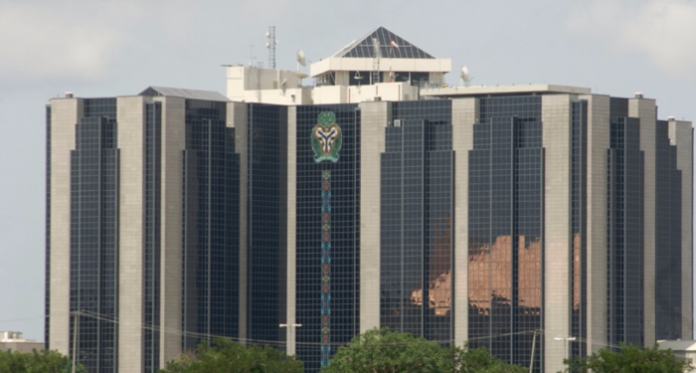Nigeria’s foreign reserves drop by over $2 billion since the beginning of the year, reaching $38.88 billion, according to data from the Central Bank of Nigeria (CBN). The decline follows increased foreign obligation settlements and occurs within just 40 days.
At the start of 2025, Nigeria’s gross external reserves stand at $40.92 billion, the highest level in three years, largely driven by foreign borrowings. However, a steady decline has been recorded each week since then, reflecting continued pressure on the country’s external reserves.
Analysts attribute the drop to the CBN’s intensified foreign exchange (FX) interventions. The apex bank resumes FX sales to commercial banks in January to stabilize the naira against the US dollar, continuing a trend observed in late 2024.
Oil-related inflows into the reserves remain unpredictable, partly due to oil-backed loan agreements intended to strengthen Nigeria’s net foreign reserves. Additionally, financial exposures such as derivatives and FX swap obligations continue to weigh on the overall reserve position.
According to S&P Ratings, usable foreign currency reserves—calculated as gross reserves minus funds allocated for forward commitments—are projected to rise slightly to approximately $32.6 billion in 2025. This outlook is based on expectations that import demand will remain low while export earnings hold steady.













